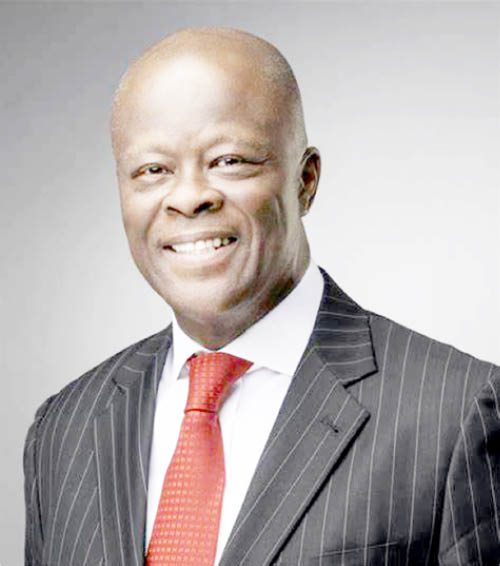Breaking News
Nigeria’s Economy Records Strongest Growth in a Decade — Wale Edun
Finance Minister Wale Edun says Nigeria’s GDP grew by 4.23% in Q2 2025 — the highest in ten years — as reforms boost investor confidence, industrial growth hits 7.45%, and inflation drops to 18%.

The Minister of Finance and Coordinating Minister of the Economy, Mr. Wale Edun, says Nigeria’s economy is experiencing sustained and broad-based growth, with the Gross Domestic Product (GDP) expanding by 4.23 percent in the second quarter of 2025 — the highest quarterly growth in a decade, excluding the post-COVID rebound.
Edun made this disclosure on Wednesday at the Federal Executive Council (FEC) meeting held at the Presidential Villa, Abuja, which was presided over by President Bola Tinubu.
The announcement coincided with the swearing-in of two new ministers — Dr. Kingsley Udeh, SAN, from Enugu State, and Dr. Bernard Doro from Plateau State.
Udeh, who was until recently Enugu State’s Attorney General and Commissioner for Justice, replaces Chief Uche Nnaji, the former Minister of Innovation, Science, and Technology who resigned amid certificate forgery allegations.
Doro takes over from Prof. Nentawe Yilwatda, the new National Chairman of the All Progressives Congress (APC).
Responding to Edun’s economic briefing, President Tinubu commended the country’s progress and reaffirmed his administration’s commitment to sustaining reforms and investor confidence.
“The most important thing is that despite the political headwinds and public concerns, we continue to engage our partners. The success of the $2.3 billion bond, which was oversubscribed, is a major sign of confidence,” Tinubu said.
He added that the oversubscription of the Eurobond underscored global trust in Nigeria’s economic fundamentals.
“Despite the fears and political anxieties, our partners continue to engage with confidence. The task ahead is immense, but we are resolved to move forward with unity and purpose, guided by our Renewed Hope Agenda to build a prosperous, inclusive, and resilient Nigeria,” the President said.
In his presentation, Edun noted that the administration’s reform agenda is yielding visible results, driving investor optimism and restoring macroeconomic stability.
He revealed that 13 sectors of the economy expanded by over 7 percent, compared to nine sectors in the previous quarter — a sign of “broad-based resilience.”
“The industrial sector nearly doubled its growth from 3.72 percent to 7.45 percent, reflecting rising productivity and renewed investor confidence,” Edun explained.
He added that inflation dropped to 18 percent in December, foreign reserves exceeded $43 billion, and the trade surplus rose to ₦7.4 trillion, strengthening Nigeria’s external buffers.
According to Edun, new data shows that Nigerians now spend about half of their income on basic needs, compared with nearly 90 percent previously, indicating a gradual shift from subsistence living to higher productivity and improved living standards.
He also celebrated Nigeria’s recent removal from the Financial Action Task Force (FATF) grey list, describing it as a “major confidence boost” for the financial system.
“Global financial institutions like the IMF and World Bank have acknowledged Nigeria’s reform progress through upgraded growth projections and improved credit ratings,” he said.
Edun, who expressed gratitude to the President and cabinet colleagues for their support during his recent illness, assured that the government’s economic policies would remain focused on job creation, poverty reduction, and sustainable development.
Opinion Nigeria News










